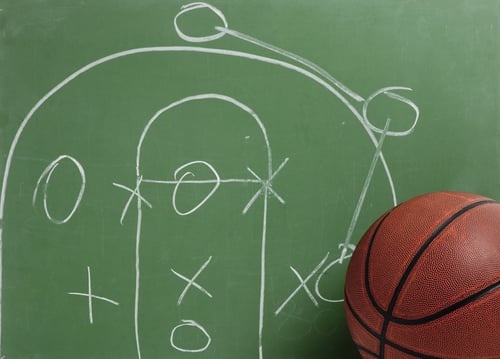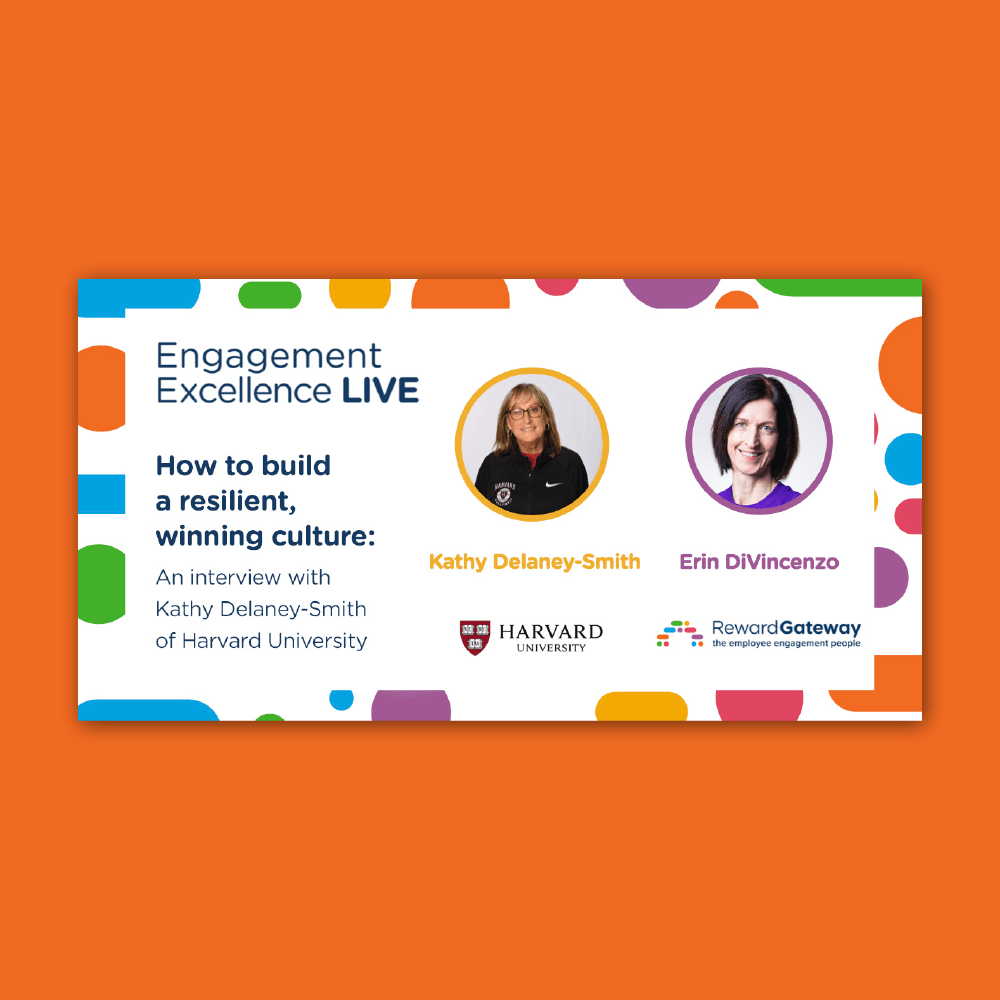5 min read
Kathy Delaney-Smith has built a successful career as an inspirational coach, leader and advocate for gender equity. As a result of her focus on developing powerful team cultures and well-rounded student athletes, Delaney-Smith has become the all-time winningest basketball Head Coach in Ivy League history.
Her team was the first number 16 seed to knock off a number one seed in the history of the men’s or women’s NCAA basketball tournaments.
Internationally, she has coached for USA Basketball three times, capturing a gold at the Pan American Games in 2007. I had the pleasure of catching up with Kathy and hearing more about how she has built resilient, winning cultures over the years in preparation for our very first EnExLive virtual event where Kathy will be a keynote speaker.

Erin: Tell me a little bit about how you got started in your coaching career.
Kathy: My basketball coaching career began by accident. I was a recent college graduate with a physical education degree and zero coaching experience. I loved to swim, so my brilliant strategy was to interview for teaching jobs at high schools that had a pool.
During my first interview at Westwood (Mass.) High School the superintendent asked if I could coach girls basketball, and more importantly, could I win? I answered “Absolutely!” so confidently that they gave me the job. After that I went straight to the library to find books on how to coach. I really never should have gotten that job, but I acted as if I knew what I was doing.
Erin: You mentioned “acting as if.” Talk about what that phrase has come to mean for you and your teams.
Kathy: “Act as if” means to harness the power of the mind in order to create the reality you seek. It is exactly what I did to get that first job. I acted “as if” I was a confident coach. And by acting that way, I actually felt more confident – and the hiring committee felt it.
The power of ‘act as if’ helps individuals and teams reach their goals more quickly.
When our players “act as if” (I’m a great shooter, I’m excited to watch films, I’m a good listener) – both on and off the court – they mirror behavior that inspires and engages those around them. The impact is contagious.
Erin: As a coach, you’re measured in productivity, like wins and losses. How do you balance the need to win with the personal needs of your players?
Kathy: The choice between productivity and humanity is a false dilemma. When I was growing up, my mother demanded three things from her five kids: be tough, be passionate about what you do and care for everyone around you. What I came to realize is that it was actually that third rule that was the difference maker.
While hard work and passion make some things possible, the addition of caring to the equation makes all things possible. My players know I care about them as people first. Knowing they are supported helps fuel their ability to work hard, persevere and support their teammates – and that leads to winning.

Erin: In addition to caring for or supporting your players, what are the other key factors in building a successful team?
Kathy: First, is connection. Each year we take a group of people and put them together and expect instant synergy and chemistry. That’s rarely the case. So, even before a player steps foot on campus, we start working to help them feel connected to our program, our staff and players. It’s not always easy and it’s not something that you ever stop doing.
Without a sense of connection, players feel lost and unfocused – and that impacts them on and off the court.
The next element is consistent communication. Not just between my players and I, but in all directions: Between my staff and me, player-to-player, and coaches to team. We don’t have a lot of rules, except to be as open and honest as possible. It’s not easy and, as my teams will tell you, I’m far from perfect. But it’s something we focus on daily. I probably bore my players by constantly talking about things like practice habits, leadership and our values, but you really never can over-communicate.
Finally, there’s the need to ensure each player feels valued and respected. I always say we’re only as strong as our weakest link. Our coaching staff works hard to recognize players who demonstrate our team values of Toughness, Discipline and Selflessness.
These are intangibles you won’t find on a stat line, and might include things like diving for a loose ball, staying late for extra shooting practice or encouraging a teammate. I’m also a huge believer in the power of peer-to-peer recognition. When a senior compliments a sophomore on their great hustle, guess what that sophomore is going to do more of? Hustle.

Erin: In the spirit of EnExLive next week, what advice do you have for HR and other people leaders?
Kathy: I can only share what’s worked for me. First, part of creating an environment for high performance requires that people get out of their comfort zones and take risks. That means they need to see the same from you.
Taking risks can mean you make mistakes, but it’s also the only way to stay fresh and set the bar higher.
Next, develop your own style of leadership by learning from others. I am the queen of borrowing leadership, fitness and mental health strategies from other experts. I integrate the parts that work for me so they feel authentic.
Finally, I am able to laugh at myself. Being vulnerable and owning my mistakes helps create a safe environment for risk-taking, honesty and accountability. Plus, it’s just more fun.
If you’re interested in hearing more about Kathy’s story and leadership methodology, watch her EnExLive presentation:

 Erin DiVincenzo
Erin DiVincenzo



